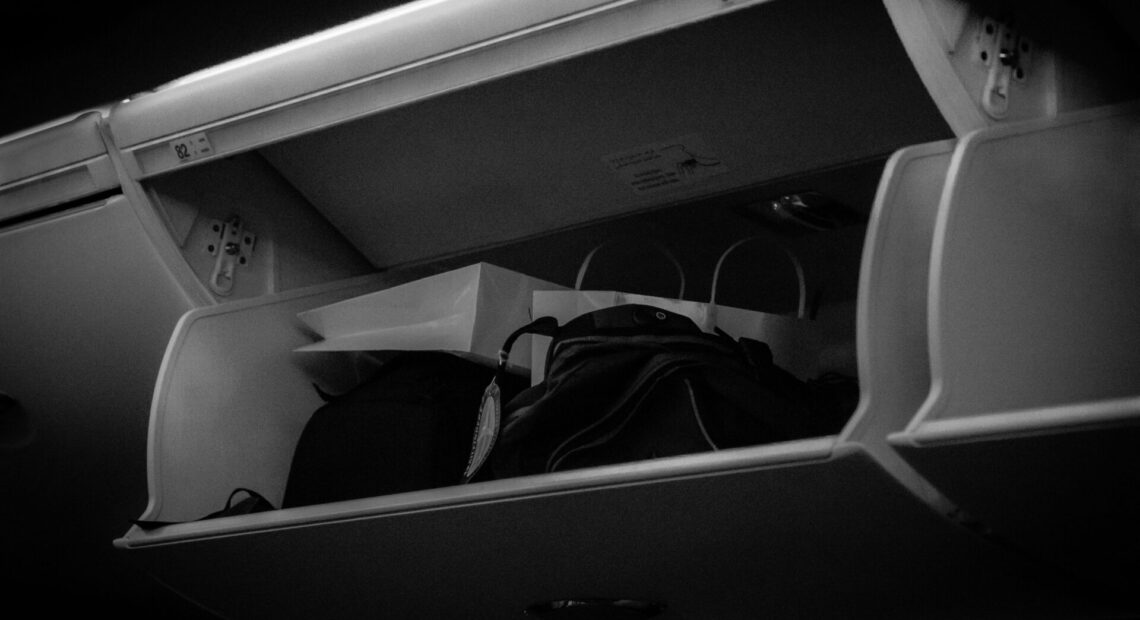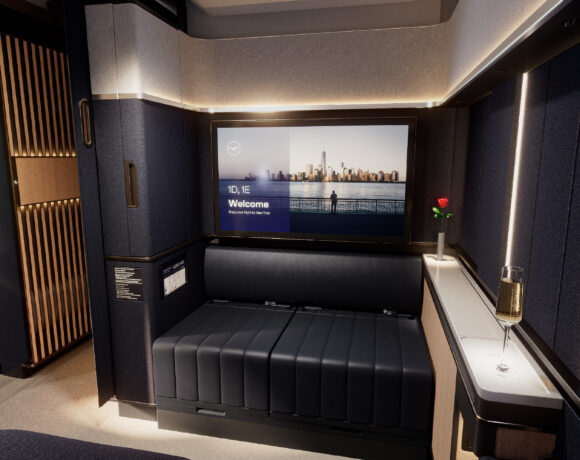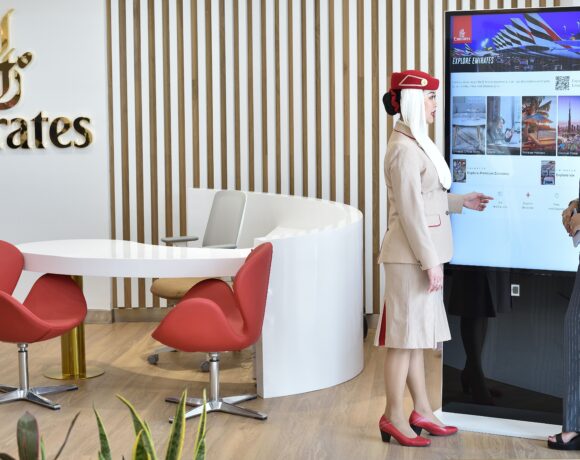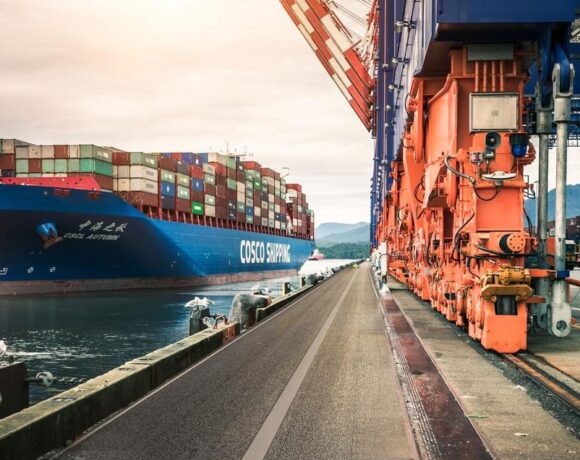Spain’s decision to ban cabin baggage fees alarms IATA

‘Consumer pricing freedom at risk‘
The International Air Transport Association (IATA) has strongly criticised the Spanish government’s decision to override European Union law by removing passenger cabin baggage fees and imposing fines on airlines totalling €179 million.
IATA argues that the move threatens essential consumer choice and competition, principles that the European Court of Justice has supported for decades.
In a statement, Willie Walsh, IATA Director General, noted: “Far from protecting consumers, this decision is a slap in the face for travellers who value choice. Prohibiting airlines from charging for cabin bags means the cost will be added to all tickets.
“What’s next? Forcing hotel guests to pay for breakfast? Or charging everyone for the coat check at a concert? EU law exists to protect pricing freedom for a reason. Airlines offer different service models, from all-inclusive to no-frills, and this decision undermines that flexibility. It is unlawful and must be stopped.”
The new Spanish law prohibits airlines from charging additional fees for cabin baggage and compels all costs to be bundled into the air ticket price. IATA argues that this violates EU regulations that ensure pricing freedom, allowing airlines to offer different pricing structures based on their services.
Air travellers’ feedback
Independent polling commissioned by IATA from Savanta revealed that most recent air travellers in Spain were satisfied with their flying experience. Among the respondents, 65% said they prefer to pay the lowest possible price for a ticket and extra for services they need, while 66% agreed that airline fees were transparent. Additionally, 78% felt air travel offered good value for money, and 74% said they were well-informed about the services and products offered by airlines.
These findings align with a Eurobarometer survey by the European Commission, which indicated that 89% of European travellers felt well-informed about luggage allowances. IATA maintains that passengers benefit from various pricing models and that airline fees are part of a competitive system that reflects market demand.
The Spanish government has previously attempted similar regulatory actions. In 2010, it tried to impose similar fines and restrictions on airlines under Article 97 of Spanish Law 48/1960, a law enacted during Spain’s fascist era.
The European Court of Justice struck down this attempt, citing EU regulations that protect pricing freedom, specifically Article 22 of Regulation No. 1008/2008. Despite this defeat, Spain has introduced new legislation under Article 47 of Spain’s General Law for the Defence of Consumers and Users, which IATA believes conflicts with EU principles.
“They failed once and will fail again,” said Walsh. “Consumers deserve better than this backward step, which ignores the realities of today’s travellers. Spain’s tourism industry now accounts for nearly 13% of the country’s GDP, with 80% of visitors arriving by air.
Price-conscious
Many of these travellers are price-conscious, and the availability of affordable airfares has played a huge role in driving growth in Spain’s tourism sector. The government has neither the legal nor the practical competence to eliminate basic airfare options. The European Court of Justice ruled on this issue a decade ago, and it is time for the European Commission to step in and defend its laws to protect consumer pricing freedom.”
IATA also pointed to the broader implications for airlines, mainly low-cost carriers, which rely on ancillary revenues such as baggage fees to keep base ticket prices low. According to IATA, by forcing all passengers to pay for baggage, the Spanish government effectively reduces the choices available to consumers. It increases the cost of services that many do not need.
The additional costs of carrying cabin baggage are significant, as they extend boarding times and reduce the efficiency of aircraft operations.
“The cost of cabin baggage is not just about the fees themselves but the time it takes to accommodate the bags, which directly affects airline profitability, especially on short-haul flights. Adding 10 to 15 extra minutes to boarding times reduces the number of flights an airline can operate daily, ultimately increasing costs for all passengers,” said Walsh
Hero image: Credit: The new Spanish law prohibits airlines from charging additional fees for cabin baggage and compels all costs to be bundled into the air ticket price. Magda Ehlers
Last Updated on 4 months by Arnold Pinto













